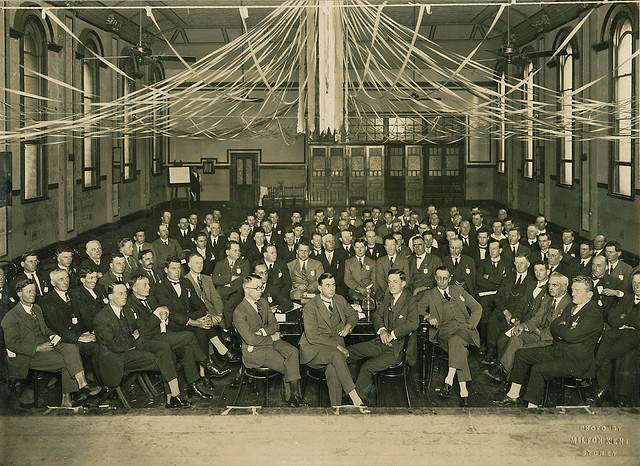 Police and Crime Commissioners are in the news from time to time. But did you know that dedicated panels have been set up to scrutinse their work? And, as always, there is a communications job to be done.
Police and Crime Commissioners are in the news from time to time. But did you know that dedicated panels have been set up to scrutinse their work? And, as always, there is a communications job to be done.
by Helen Fincher
In November 2012, Police and Crime Commissioners were elected for every police force area in England and Wales outside London
Police and Crime Panels were also set up to scrutinise the actions and decisions of Commissioners and make sure information is available for the public, enabling Panels to hold Commissioners to account.
The new arrangements mean the Panel, Commissioner and Chief Constable work together and are designed to give the public more say and influence over decisions on crime reduction and policing in their area.
Scrutiny is vital in helping people get the best possible public services and because Police and Crime Panels are cross-party, thoughts and ideas can be shared across all political views.
If Panels are to do their job properly they need residents’ input and they need to know their concerns on local policing, crime and safety.
But what proportion of the population know and understand the purpose of scrutiny? Getting the message across to residents on what Panels do was always going to be a tough task.
In the Thames Valley, we have tried to add our own flavour to raising awareness of our Panel’s work through the development of a proactive communications and media campaign to reach a wider audience.
We rotate Panel meetings around our region to ensure we physically cover the ground and give the public easier opportunity to attend
At each meeting, we devote some of the agenda to a local update from the local Community Safety Partnership to better understand local issues.
But there’s plenty more that could be done by our own and other Panels in improving how they do business, to get people interested and involved.
Panels need to enhance their digital presence: appealing webpages, webcasting as standard, social media feeds, council e-publications; get Panel members out and about at local community meetings and events to talk with people about what Panels do; be creative with Panel meetings and open them up to enable engagement with everyone - all of these channels will help raise profile and draw attention to key issues.
Importantly, Panels must really harness localism and make Panel members advocates at a hyperlocal level by using the link from residents through their local councillor to their Panel councillor representative, to help understand residents’ concerns and priorities. This would make good use of existing council communication networks; for example, the Thames Valley Panel, which comprises 18 councils, has potentially far-reaching multi-channel networks with which to interact with the public.
And crucially, Panels need to find ways to overcome the formality of scrutiny to get people engaged. Policing and its scrutiny does matter and is a vital part of everyday life, but Panels need to make the messages they convey relevant to people, and they need to communicate as people – friendly and jargon-free.
Helen Fincher is a Media Officer at Buckinghamshire County Council and provides media support to the Thames Valley Police and Crime Panel.
picture credit
